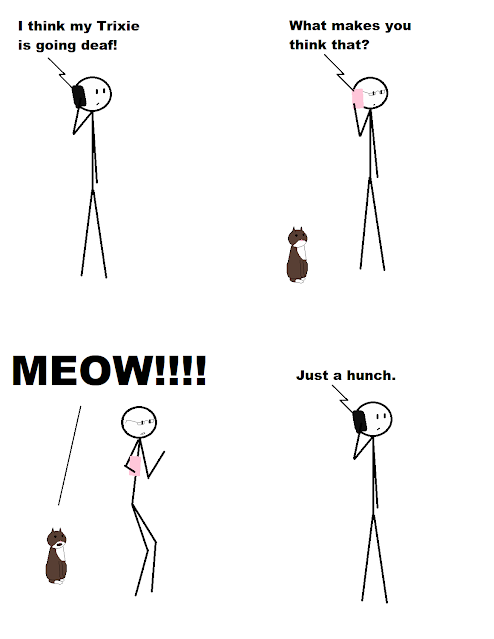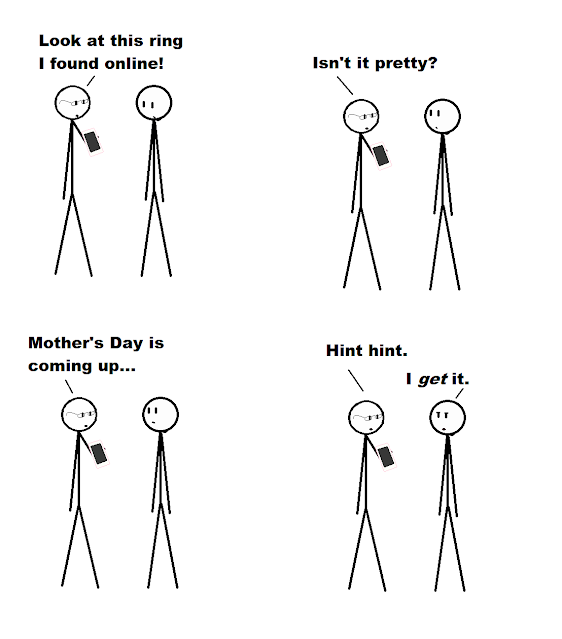Final post of words descended from the
Proto Indo European wer-,
to cover, which gave us
warning. And a lot of other words you wouldn’t think it gave.
First this week, we’re going back to words beginning with G: guarantee
showed up in the
late seventeenth century as a noun and over a century later as a verb. Originally, it was spelled
garrant
in English and used to refer to the person making the guarantee, coming from
the
Old French garant, from the
Proto Germanic war-, warn or protect. As I told you
two weeks ago, war- is the origin word for warn, and is directly from wer-. A
guarantee is a promise to cover. How strangely sensible.
Then there’s garage, yes, like you put a car in. It’s a cover of sorts,
so nothing too outlandish. However garage didn’t actually show up until
1902!
It’s from the French
garage, which I’m going to take a wild guess and means
garage,
from the verb
garer,
to park, shelter, or even to dock ships.
That’s from the Old French
garir, to protect or save, from the
Frankish waron, which is also
from the Proto Germanic war-. A garage is a place to protect cars.
Now we’re going to look at overt, which is not in fact related to
over. Like, at all. Overt showed up in the
early fourteenth century, but it meant
open or unfastened before shifting a few decades later to mean obvious or in
plain view. It’s from the Old French
overt (verb form
ovrir,
which is actually a lot like
covrir, the origin for cover), and that’s
actually from the
classical Latin aperire,
to open.
So French switched the V to a P??? Anyway, aperir is from the Proto Indo
European
ap-wer-yo, with the ap- coming from
apo-,
off or away,
the origin of the prefix
apo- (as in apology).
We know what wer- is, so the word actually means something like “cover off”,
which does make sense for overt, something is obviously going to be seen when its cover is
off. The whole ap- to ov- thing is stupid, though.
France.
Next in our list of words somehow not related to over is overture, of all
things. It’s actually older than overt, having shown up in the
mid thirteenth century meaning an opening or
aperture. In other words, it meant a hole, then meaning an introduction in the
mid fifteenth century, and then in the mid seventeenth century, music started
using it to mean an opening movement. The word comes from the Old French
overture,
from the classical Latin
apertura, the origin for
aperture—which didn’t come to us from French, which must be why there’s no ov-.
Anyway, apertura is from aperire, which we already know. In conclusion,
overture is not over + ture, it’s overt + ure.
Finally, the last of the words: pert. Yes, pert. Frankly, after
apertura, this shouldn’t be too much of a shock, though it would be if you
didn’t know the backstory. Pert showed up in the
mid thirteenth century,
but it meant evident or obvious. By the early fourteenth century it started to
mean attractive, and then later on in the century it meant impudent. No, I
don’t see that progression. The word was
apert in
Middle English, which was from the
Old French
apert, which is from the Latin aperire. I don’t know how
French managed to not switch to ov- for just this word, but it did.
That’s all for the warn words.
Now I have to think up something else…
Sources
Online
Etymology Dictionary
Google Translate
Omniglot
University of Texas at Austin Linguistic Research Center
University of Texas at San Antonio’s page on
Proto Indo European language
University of Texas at Arlington
Encyclopaedia
Britannica









